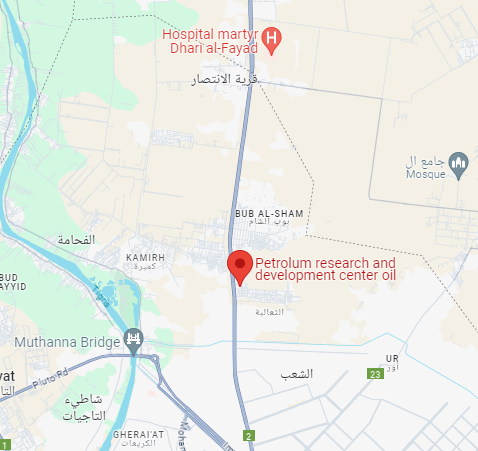A model-based machine learning to develop a PLC control system for Rumaila degassing stations
DOI:
https://doi.org/10.52716/jprs.v10i4.364Keywords:
Machine learning, Neural network, PLC, SCADA, Control system.Abstract
Degassing station breakdowns can be dangerous to the operator health and the environment. Programmable logic controllers (PLCs) are key modules of manufacturing control systems that are applied in the complex oil and gas units to reduce manpower and unnecessary faults. However, feeding a PLC with data is a difficult part due to the need of system log files which records all events that occur in the oil fields and provide visibility to a given environment. Moreover, most critical chemical processing plants and oil distributions are visualized and inspected by Supervisory Control and Data Acquisition Systems (SCADA). These systems have been focused on safety, and there are issues that they could be the target of worldwide terrorists. Along with the frequently rising internet-related attacks, there is indication that our degassing stations may similarly be susceptible; for that reason, it is essential to secure PLC and SCADA from undesired incidents. Recently, machine learning (ML) has been increasing interest in industrial systems to detect, identify, and store information. Therefore, we propose to apply an advance ML based on deep neural networks to the PLC system with the purpose of: 1) detecting anomalous or irregular PLC actions; 2) Optimizing the operation of systems and its facilities; 3) allowing the equipment to respond to changing and novel scenarios; 4) Making predictive maintenance possible. The SIMATIC S7-1214 CPU universal TIA platform was used as the main decision-making module. Experimental results demonstrate the effectiveness and utility of the proposed approach to process large amounts of data analytics and sensor measurements, allows it to spot potential problems and provide possible solutions.
Downloads
Published
How to Cite
Issue
Section
License
Copyright (c) 2020 Mohammed Salah Hamza Al-Radhi, Safa Jameel Dawood Al-Kamil, Szakács Tamás

This work is licensed under a Creative Commons Attribution 4.0 International License.














